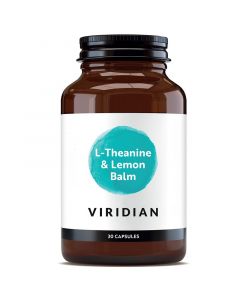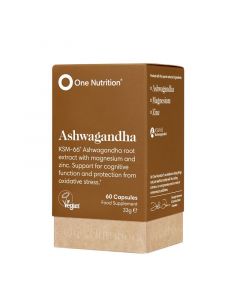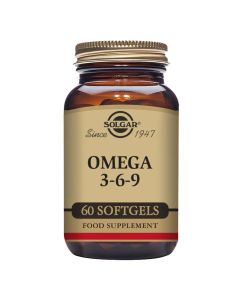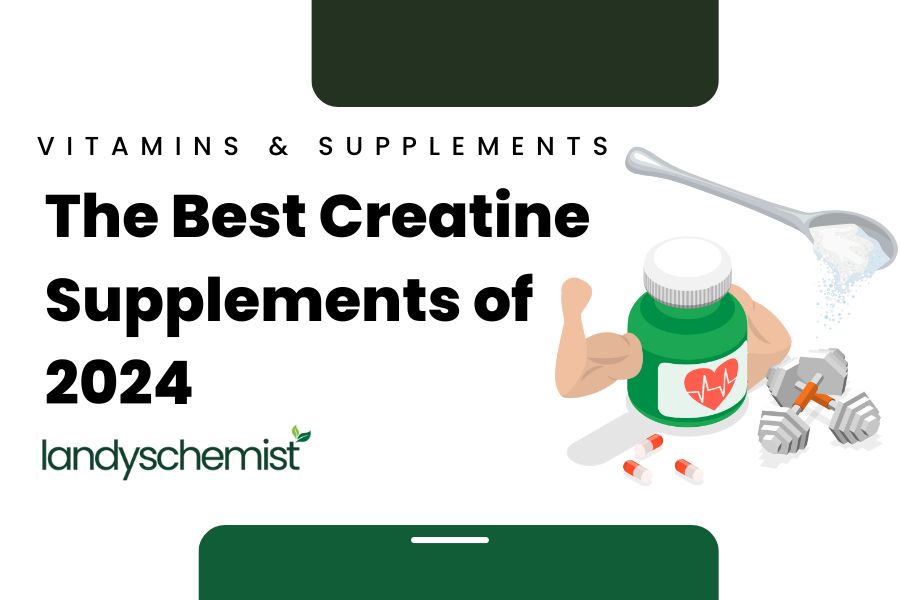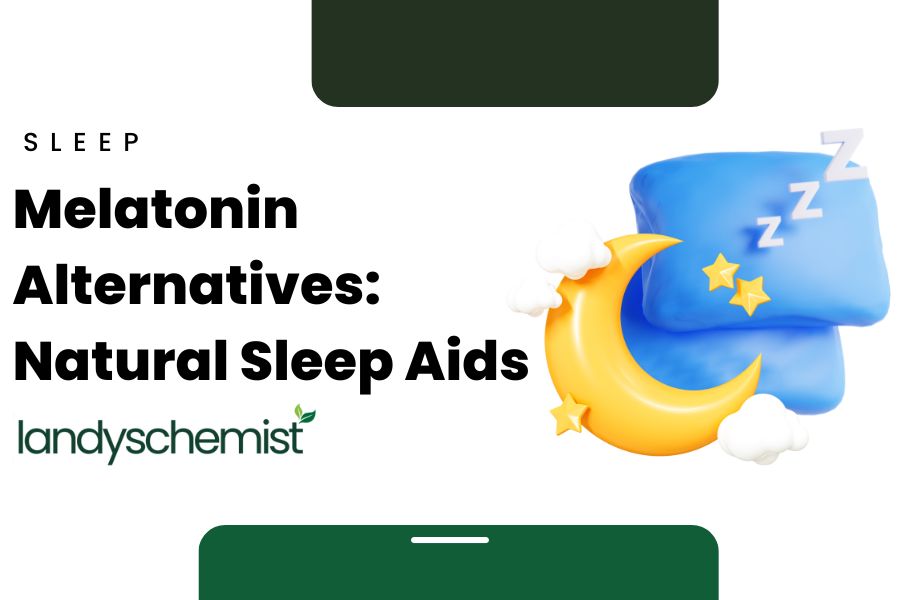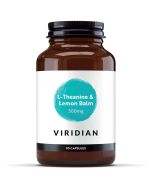
Best Supplements to reduce cortisol
Cortisol, the body’s primary stress hormone, can undergo elevation due to a variety of factors, including stress, inadequate sleep and even exercise. If you have ever experienced a racing heart or you feel yourself getting clammy during an important meeting, you can attribute it to cortisol!
Although it is entirely normal for cortisol levels to naturally fluctuate throughout the day, it is imperative to avoid constant elevation. High levels of cortisol can lead to undesirable symptoms such as weight gain, sleep disruptions, cognitive fog and even digestive issues.
Fortunately, there exist natural methods for stress reduction, such as exercise, spending time in nature and practising meditation. Additionally we will explore natural supplements that may aid in reducing cortisol levels in this blog, offering insights into managing this crucial hormone.
What is Cortisol
Cortisol, often referred to as the primary stress hormone, is a vital component of our body’s hormonal system. It originates in the adrenal glands, which are two small structures located atop of our kidneys. Cortisol plays a pivotal role in the body’s response to stress and the fight-or-flight mechanism.
When our body encounters a stressful situation, or perceived threat, whether it is physical, emotional, or psychological, the adrenal glands release cortisol into the bloodstream. This surge in cortisol levels serves as a powerful physiological response designed to help our body cope with the stressor. It mobilises energy reserves, increases alertness, and readies the body to face any challenge.
Is cortisol important?
Cortisol is a critical player in our daily physiological processes. This hormone exhibits ebbs and flows throughout the day, following a circadian rhythm that helps orchestrate various body functions.
In the morning, cortisol levels will surge, helping to kickstart our day with vigour and alertness. As the day progresses, cortisol gradually wanes, creating the ideal conditions for sleep pressure to build, ultimately allowing the body to rest and rejuvenate during the night. Without this natural cortisol rhythm, our energy and motivation levels would be affected, making it challenging to tackle daily tasks.
Beyond its role in daily energy patterns, cortisol has an impact on our metabolic health. It stimulates the release of glucose into the bloodstream, enhancing its utilisation by cells for energy. This glucose-regulating function is vital for tissue repair, ensuring the body’s ability to recover and heal from injuries and stressors. It also contributes to our overall sense of alertness and wakefulness, keeping us engaged and ready to face challenges of the day.
Why is it important to lower cortisol levels?
In cases where the body experiences prolonged and heightened periods of stress, including psychological stressors, it triggers an overproduction of cortisol. Whilst cortisol serves a vital purpose in preparing the body for the fight-or-flight response to threats, an excess of this hormone can lead to chronic stress, which can impair our well-being.
To understand why lowering cortisol levels is crucial, it is essential to recognise how the body’s stress response works. When the adrenal glands release cortisol to mobilise energy and resources for immediate action as a response to an encountered perceived threat or stressor, the body is prioritising actions essential for survival. The body will have an increased heart rate and heightened alertness, whilst temporarily downplaying non-essential processes like digestion and rest.
Ordinarily, once the perceived threat dissipates, cortisol levels will return to their baseline, allowing the body to return to its normal functions. However when stress becomes chronic, the fight-or-flight response remains constantly activated which can have repercussions on our immune health, digestion, sleep quality, mental health and metabolism.
Symptoms of High Cortisol Levels
Elevated cortisol levels can trigger inflammation, and a range of health issues encompassing anxiety, depression, insomnia, migraines, digestive problems, weight gain and cognitive fog. Research indicates that rising cortisol levels can elevate the risk of chronic diseases like heart disease and diabetes.
Compromised Immune Health:
High cortisol levels can impede the body’s natural healing and recovery processes. This can compromise the immune system, rendering the body more vulnerable to infections.
Digestive Complications:
Cortisol can cause indigestion, bloating and reduced nutrient absorption. This can potentially lead to more long-term gastrointestinal complications.
Sleep Disruption:
Elevated cortisol levels can disrupt the sleep cycle, making it challenging to fall asleep and also stay asleep. This can cause persistent fatigue.
Mental Health Impact:
Elevated Cortisol levels can increase the likelihood of experiencing anxiety, depression and mood disorders.
Metabolic Impact:
Cortisol can affect appetite regulation, contributing to unhealthy eating patterns which may lead to weight gain and metabolic disruptions.
The Best Supplements to Reduce Cortisol Levels:
L-Theanine and Lemon Balm
Lemon Balm and L-Theanine are natural compounds which have been studied for their potential to reduce cortisol levels and promote relaxation. Both Lemon Balm and L-theanine have been linked to improved sleep quality, which can help contribute to the reduction of cortisol.
L-theanine is an amino acid which may influence the release of neurotransmitters in the brain such as GABA (gaba-aminobutyric acid) which has a calming effect on the central nervous system which may indirectly lower cortisol levels.
Lemon Balm contains antioxidant properties which can help protect the body from oxidative stress and also acts as a potential anxiolytic agent to reduce anxiety and promote a sense of calm.
Ashwagandha
Much like L-theanine, Ashwagandha exerts an influence on neurotransmitters such as GABA and serotonin. This influence has the potential to reduce feelings of anxiety and stress, which, in turn, may lead to a decrease in cortisol levels. Additionally, Ashwagandha is classified as an adaptogen, indicating that it has the ability to assist the body in adapting to stressors and reducing the production of stress hormones including cortisol. Furthermore, it plays a role in regulating the hypothalamic-pituitary-adrenal (HPA) axis which is responsible for cortisol release in response to stress. The anti-inflammatory and antioxidant properties of Ashwagandha also serve to shield cells from oxidative stress and reduce inflammation, indirectly contributing to lowering levels of cortisol.
Omega-3 Fatty Acids
Research indicates that taking a sufficient amount of omega-3 fatty acids can effectively inhibit adrenal activation, consequently leading to a reduction in cortisol levels within the body. Additionally, omega-3 fatty acids possess anti-inflammatory properties, thereby potentially contributing to a reduction in cortisol production by mitigating inflammation. Furthermore, omega-3 fatty acids have been linked to enhanced mood and brain health, which may facilitate the modulation of the brain’s stress response, potentially resulting in lowered cortisol levels and the normalisation of cortisol secretion.
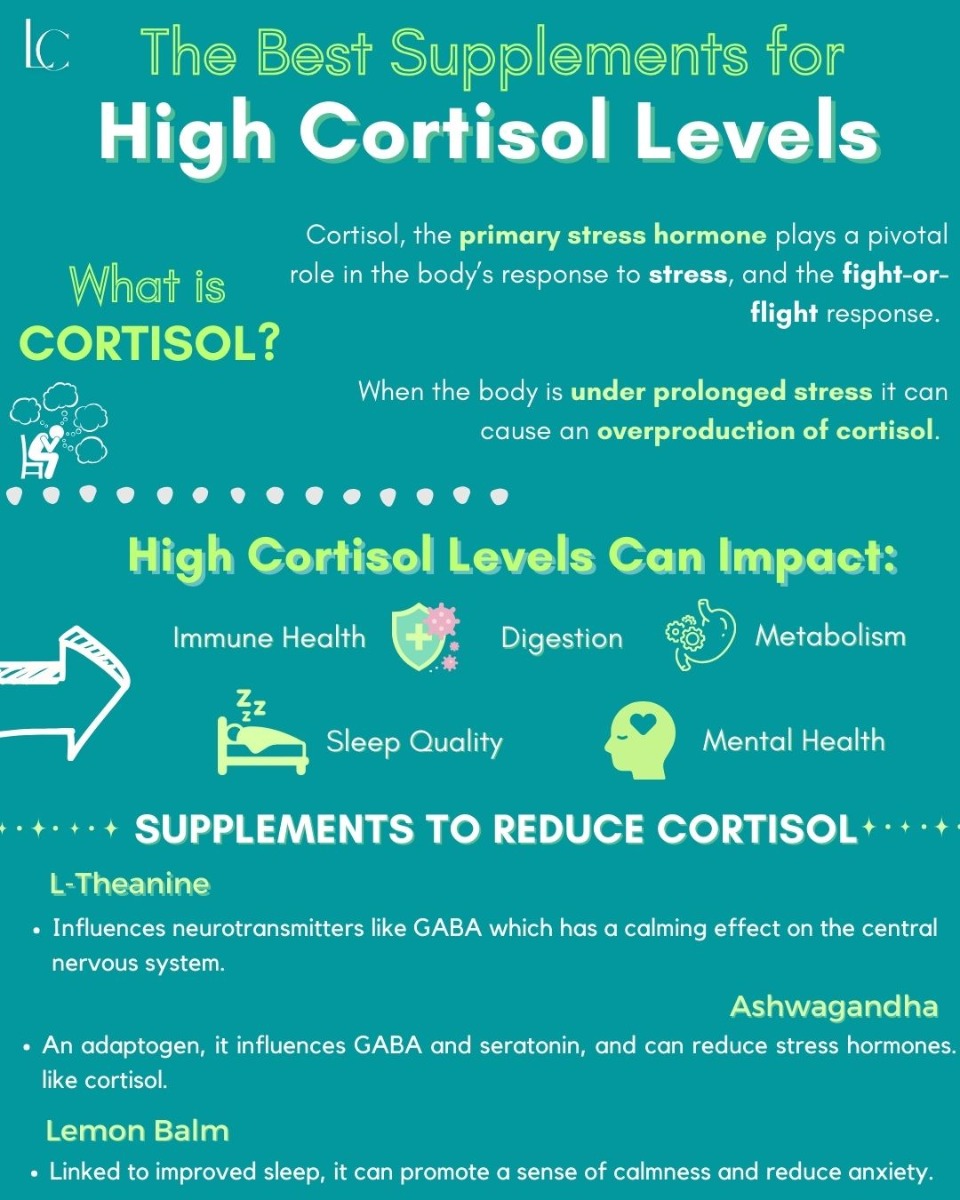
Product Recommendations
Summary
- Cortisol is a stress hormone which contributes to our overall sense of alertness and wakefulness as well as preparing our body to react to a perceived stressor or threat.
- Elevated cortisol levels can trigger inflammation, and a range of health issues encompassing anxiety, depression, insomnia, migraines, digestive problems, weight gain and cognitive fog.
- Supplements such as L-theanine, Lemon Balm and Ashwagandha influence neurotransmitters like GABA and Seratonin which has a calming effect on the central nervous system which may indirectly lower cortisol levels.
FAQs
How can I lower my cortisol levels quickly?
There are many strategies which can help reduce cortisol levels. Some supplements like ashwagandha, lemon balm and L-theanine can help to reduce cortisol levels. It is also important to practise stress management techniques such as meditation, deep breathing and having adequate sleep to regulate cortisol, and trigger relaxation in the body.
What factors raise cortisol levels?
Several factors can raise cortisol levels in the body including but not limited to:
Stress:
Physical or emotional stress is one of the primary triggers for cortisol release. This can include everyday stressors, work related stress, relationship problems or trauma.
Illness or Injury
When the body is injured or ill, cortisol levels may rise as part of the immune response and to aid in the repair of tissues.
Psychological Conditions
Conditions such as anxiety, depression and chronic stress disorders can contribute to elevated cortisol levels.
Pregnancy
As the body is going through hormonal changes, cortisol levels may rise during pregnancy due to the increased stress on the body.
By Saarah Mengrani, MSc Biotechnology

